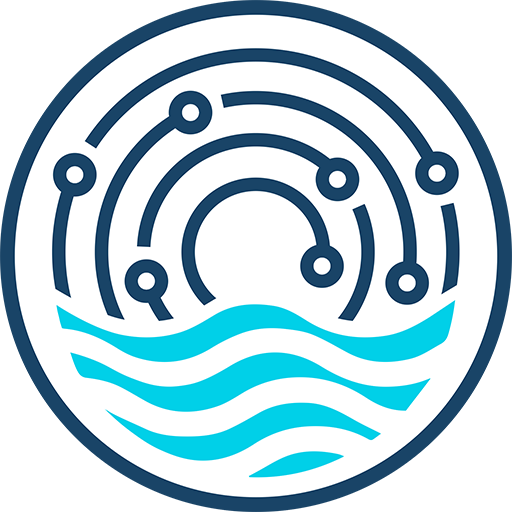The Impact of Artificial Intelligence in Medicine
In recent years, Artificial Intelligence (AI) has become one of the most important and advanced technologies across many industries. One of the sectors most significantly impacted by AI is healthcare. This technology has not only helped improve medical services but has also accelerated the processes of diagnosis, treatment, and patient care. In this article, we explore the impacts of artificial intelligence in this field.
The Impact of Artificial Intelligence in Medicine
1- Accelerating the Process of Disease Diagnosis
One of the most prominent applications of artificial intelligence in healthcare is the acceleration and accuracy of disease diagnosis. AI systems can analyze medical images—such as X-rays, CT scans, and MRIs—using complex algorithms to identify signs of various diseases. For example, AI systems have shown higher accuracy than doctors in detecting cancers, especially lung and breast cancers. This can lead to earlier diagnoses and increase the chances of successful treatment.
The Impact of Artificial Intelligence in Medicine
2- Personalized Medicine
One of the biggest advantages of AI in medicine is its ability to create personalized treatments. AI can analyze genetic data, medical history, and individual patient characteristics to recommend more precise therapies. This approach helps doctors choose the best treatment options based on each patient's specific needs, rather than applying the same standard treatment for everyone.
.
3- Improving the management of medical data and information
In today’s world, a massive amount of medical data is generated, and managing it properly can be a major challenge. Artificial intelligence, through advanced algorithms, helps doctors and healthcare professionals process this data more effectively and accurately. Moreover, AI-based systems can automatically store and organize patient data, enhancing precision and efficiency in healthcare services.
The Impact of Artificial Intelligence in Medicine
4- Disease Prediction and Management
Another significant application of artificial intelligence lies in disease forecasting and managing public health crises. AI-based predictive algorithms can simulate population health trends and provide forecasts regarding disease outbreaks, medical resource needs, and hospital capacities. This enables health authorities to take timely preventive measures and curb the spread of illnesses.
.
5- Robots and Automated Surgeries
f the most significant advancements in the use of Artificial intelligence in surgical procedures is the introduction of surgical robots. These robots are capable of performing operations with exceptional precision and speed. Utilizing this technology can reduce human error and help patients experience shorter recovery times. Moreover, surgical robots are capable of conducting complex surgeries in various locations, allowing surgeons to perform procedures remotely without being physically present in the operating room.
.
6- Improving in-home patient care
Artificial intelligence Not only in hospitals and clinics, but also in home healthcare, AI has shown significant impact. AI-powered tools, such as wearable devices, help monitor patients' health conditions. These devices can continuously measure vital signs like blood pressure, heart rate, and blood sugar levels, and alert patients and caregivers in case of any medical issues.
The Impact of Artificial Intelligence in Medicine
Conclusion
Artificial intelligence has undeniably brought major changes to the healthcare industry. From speeding up disease diagnosis to improving personalized treatments and data management, this technology has enhanced the quality of healthcare services.
The Impact of Artificial Intelligence in Medicine


